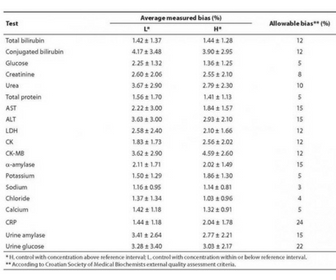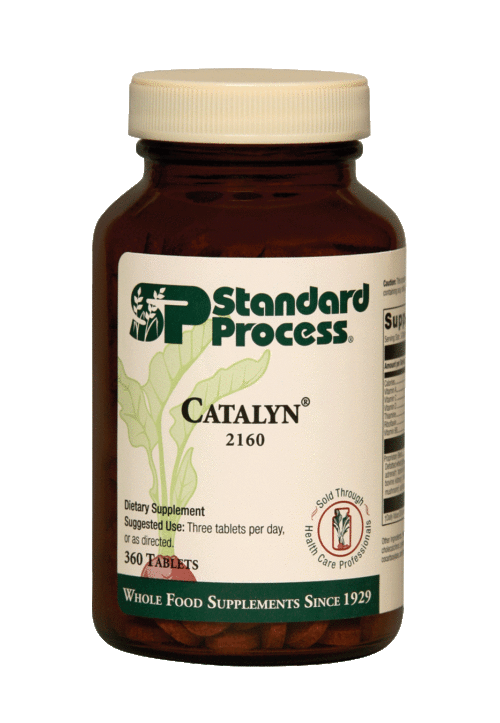Testing for Thyroid Disorders
As a rule, the standard for evaluating thyroid function is the TSH test. TSH is Thyroid Stimulating Hormone and is the hormone that tells your body to produce more thyroid hormone. TSH is a pituitary hormone. A high level can indicate hypothyroid and a low level can indicate hyperthyroid. It can also indicate a pituitary or hypothalamus issue.
TSH alone is not enough to evaluate thyroid status.
Other recommended tests include:
Free T3 – the active form of thyroid hormone
Free T4 – the inactive form of thyroid hormone that gets converted to T3 for use in the body
Thyroid Antibodies – present when an autoimmune thyroid condition is present
It is also recommended that specific mineral levels, B12 and folate, vitamin D, cortisol and sex hormones are assessed.
In auto immune thyroid conditions such as Hashimoto’s Thyroiditis further testing for viruses, bacteria and pathogens is often necessary.
Because thyroid conditions can be caused by many factors such as inflammation, inadequate nutrition, adrenal hormones, sex hormones, food intolerance, infectious diseases, mineral status, pregnancy, certain medications and other environmental factors an individualized approach is necessary. Specific medical tests can reveal the potential cause of thyroid dysfunction. Correcting the cause using nutrition, herbs, whole food supplements & minerals and homeopathy can bring healing to the individual with thyroid dysfunction.


